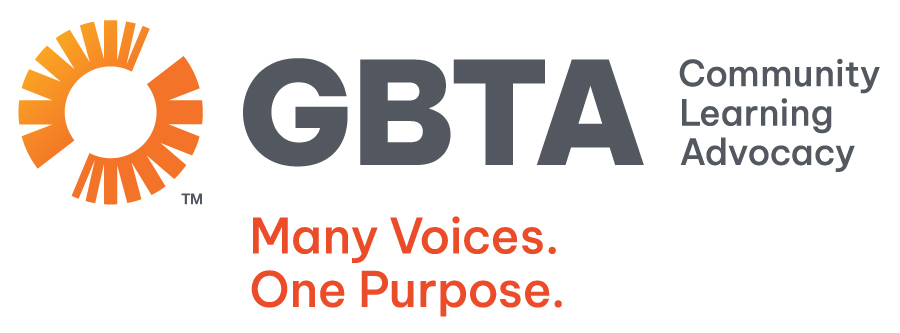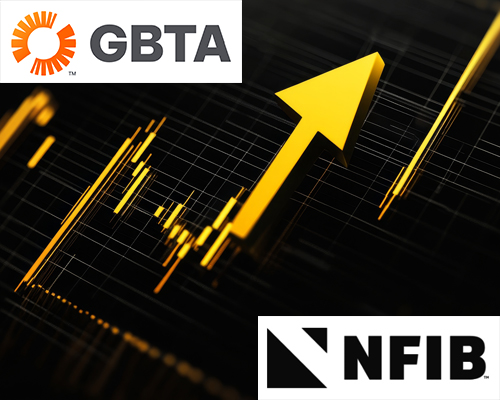As we head into the final month of the year, business leaders across the country—big and small—are seeing reasons to be optimistic into 2025, although obstacles still remain.

First, the National Federation of Independent Business (NFIB) headed to Main Street, where they saw an increase of their NFIB Small Business Optimism Index in October. The monthly survey takes the temperature of small businesses across the country based on numerous key factors, including sales, employee compensation, inflation, and other economic touchpoints. In October, the score rose to 93.7, up 2.2 points from the month prior. While the 50-year average is 98, a key benchmark that the Index hasn’t seen in 34 months, it might lend some clarity to what small businesses are experiencing.
However, one data point of concern is the Uncertainty Index, which rose to 110—the highest score recorded by the Index. Small businesses have been impacted by global turmoil, several serious weather events, and the tense political rhetoric leading up to the recent US election, which likely reflected in the survey. October’s jobs report was also an unexpected miss with just 12,000 jobs being added.
“With the election over, small business owners will begin to feel less uncertain about future business conditions,” said NFIB Chief Economist Bill Dunkelberg. “Although optimism is on the rise on Main Street, small business owners are still facing unprecedented economic adversity. Low sales, unfilled jobs openings, and ongoing inflationary pressures continue to challenge our Main Streets, but owners remain hopeful as they head toward the holiday season.”
You can read the latest report here.

Meanwhile, the Global Business Travel Association (GBTA) is reflecting on a mostly strong 2024 and forecasting an optimist 2025, according to the latest poll from the association. The report found that 86 percent of global business travel buyers and travel suppliers surveyed said that business travel performed on par or better than they anticipated in 2024.
Top factors cited for optimism, according to the survey, include easing travel costs/corporate budgets keeping pace (46%), improving economy/inflation reduction (44%), and increased traveler confidence/more requests for travel (40%).
Also of note, bleisure continues to be a hot trend as more than half of buyers (53%) say their company’s employees are taking more linked trips than they did a year ago. Day trips are declining while a third of those surveyed report longer trips were up in 2024 versus the previous year. Sustainability also remains a high priority for 46 percent of respondents, while 49 percent are excited about adopting AI into their travel programs (although it was a lower priority for companies over other critical factors like managing costs, traveler safety, and travel ROI).
“GBTA’s findings illustrate an industry at a pivotal point. Business travel is more than rebounding, it’s transforming—driven by the need to manage costs and risk, ensure strong traveler productivity and experience, and drive responsible growth,” said GBTA CEO Suzanne Neufang. “As 2025 approaches, industry leaders are balancing expansion with accountability, looking to harness new technology, trip trends, and sustainable practices to enable business travel to continue to deliver incredible value in a rapidly changing world.”
You can read the report highlights here.
Visit nfib.com and gbta.org for more information.
[11.19.24]


